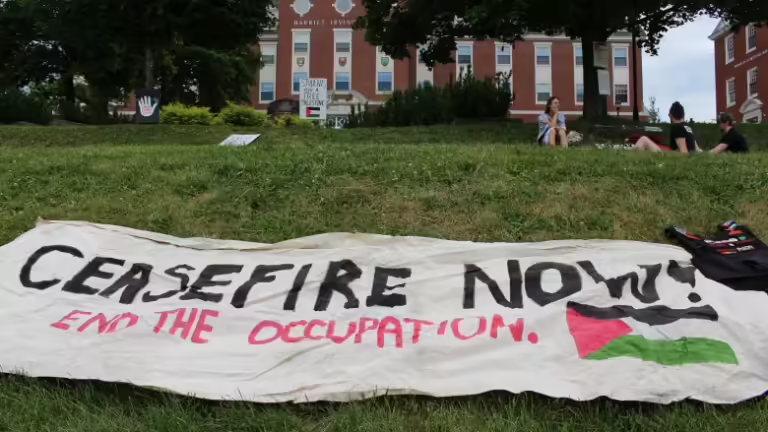On January 29, the Government of New Brunswick announced that zones in the Orange phase would allow people to gather with 10 contacts, a “steady 10.”
While many are thrilled to be able to see their family and friends, some feel the government is acting arbitrarily in the way it imposes restrictions. Kerri Froc, professor at UNB’s Faculty of Law, explains that this conception of arbitrariness is mistaken.
“For a measure to not be arbitrary, it must simply have a connection to a government objective,” said Froc.
Under the Canadian Charter of Rights and Freedoms, a government action which impairs a Charter right will be upheld via S.1 of the Charter so long as the government can show that the measure is rationally connected to a government goal, is among the least restrictive ways of achieving the goal, and its effects are proportionate.
While the existing measures may appear to be inconsistent, the inconsistency has no legal effect. The public health measures as taken together do not need to operate cohesively. As long as a measure can be connected to a government goal, it will not be viewed as arbitrary under the law.
Froc may have disagreements with the policy rationale behind the public health measures but sees no basis for legal challenge.
“I see a finely calibrated order,” states Froc.
This calibration is further reflected in the restrictions to travel in and out of New Brunswick. S.6.2 of the Charter protects the rights of citizens to take up residence and earn a living in any province. Current travel restrictions make room for Canadian citizens exercising these rights but restrict travel to New Brunswick for other purposes.
“There is no breach to S.6.2 by not allowing someone to travel for pleasure,” Froc explained.
There is one measure which Froc sees as suspect. Requiring self-isolation for travellers could be viewed as quarantine, a power which lies solely with the Federal government. The self-isolation order could be susceptible to challenge on the ground that New Brunswick does not possess the legal authority to make such an order. A challenge to self-isolation orders has yet to be brought in Canada.
As for the future, Froc foresees restrictions for those who choose to go unvaccinated. This could happen in two ways. First, private businesses may restrict services for the unvaccinated and, second, the government may impose restrictions.
“Private businesses can basically do whatever they want,” says Froc, explaining that there is no legal barrier to businesses restricting services on the basis of vaccination.
There is contention when considering how the government may restrict the actions of unvaccinated individuals.
Life, liberty, and security of person is protected by S.7 of the Charter. Forcing a vaccine on people would almost certainly amount to a breach of security of the person. Unlike other Charter rights, the Supreme Court has made it clear that a breach of S.7 is very unlikely to be upheld under S.1, save for extreme circumstances.
“As the government builds more impediments to not getting a vaccine, it amounts to state pressure to invade your personal security,” says Froc. “We may be in the realm of a S.7 violation being saved by S.1.”
A pandemic situation has been contemplated as a scenario in which a breach of S.7 rights will be upheld. Ultimately, it boils down to the court giving the government a great deal of deference when deciding what is required to tackle COVID-19.
“The needs of the many outweigh the needs of the few, so long as the needs of the few are outweighed proportionately,” said Froc.




